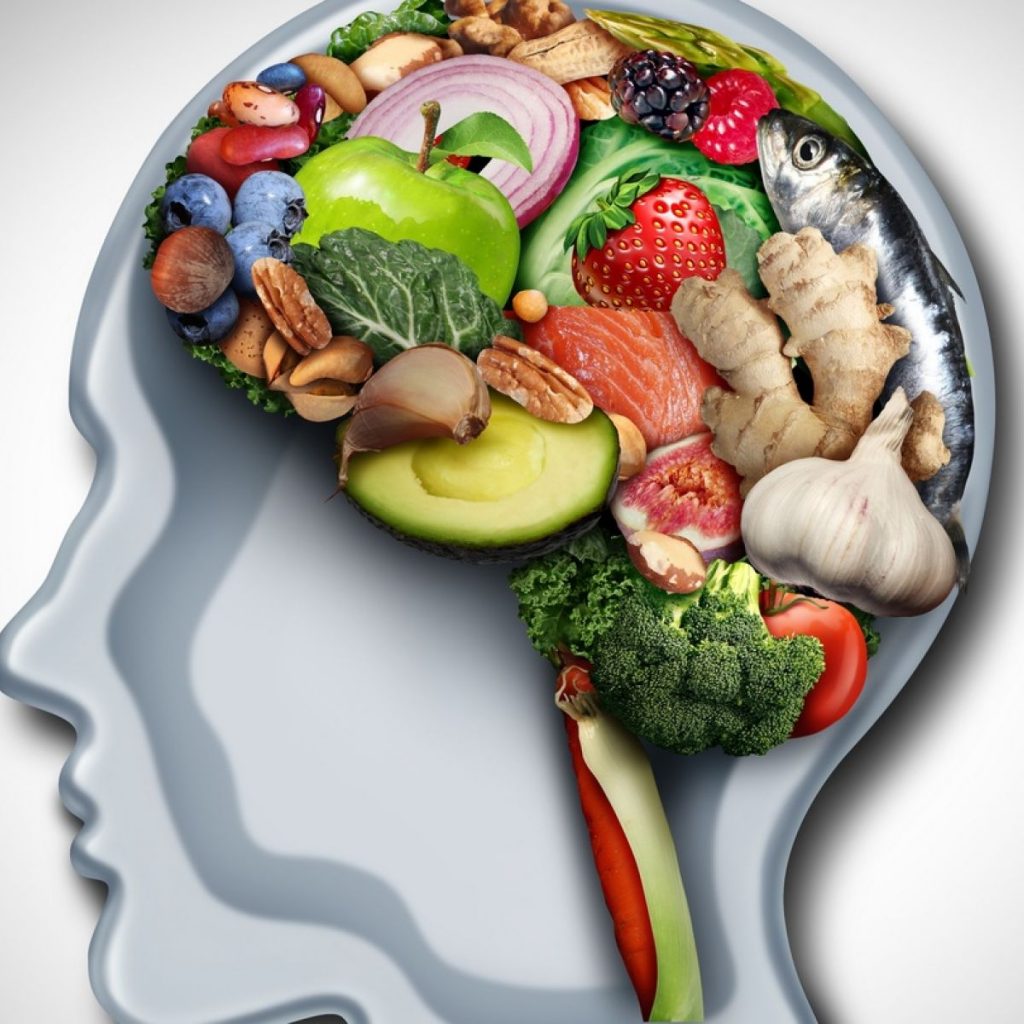Food and Mood
Depression and anxiety are the most prevalent mental health conditions worldwide affecting a large portion of the population. Many aspects of lifestyle are important factors in keeping healthy, both physically and mentally. The relationship between food and mood has gained particular interest recently.

A number of studies have already demonstrated that a good quality diet is important in reducing the risk of mental health disorders. However, the idea of food having the ability to improve mood and clinical outcomes for those with existing depression and anxiety is a relatively new and exciting area of research.
A randomised control trial called the SMILES trial asked this exact question, ‘if I improve my diet, will my mood improve?’ The trial recruited participates experiencing depression symptoms and split them into two groups, a control group and a dietary intervention group. The dietary intervention group were encouraged to follow a Modified Mediterranean Diet, a dietary pattern focused on fruit, vegetables, wholegrains, legumes, nuts, extra virgin olive oil, and fish but including slightly higher intake of red meat than traditional Mediterranean diets. The results showed that those in the dietary intervention group had much greater reduction in depression symptoms than the control group over a 3-month period. A higher percentage also met remission for depression. Put simply, those who improved the quality of their diet experienced the greatest reduction to their depression.

While acknowledging the complex nature of mental health conditions, the SMILES trial shows how certain foods and dietary patterns could indeed affect mental health in a positive way.
So how might you move towards a more Mediterranean-style diet to look after your mental health? Below are some ideas:
- Cook with extra virgin olive oil and use in salad dressings. Drizzle it on cooked dishes and use in mashed potato instead of butter.
- Eat more fish. Aim for twice a week to start and choose salmon, mackerel and sardines, all rich in omega-3 fatty acids.
- Switch to wholegrains. Brown rice, wholegrain bread, quinoa, barley and oats are all great choices.
- Snack on nuts and seeds or add to salads.
- Use avocado as a spread instead of butter or margarine or try in a smoothie.
- Limit red meat and poultry. Add small amounts or replace with plant proteins such as legumes and tofu.
- Enjoy fruit for dessert or snack.
- Limit heavily processed food and sugar-sweetened drinks.

